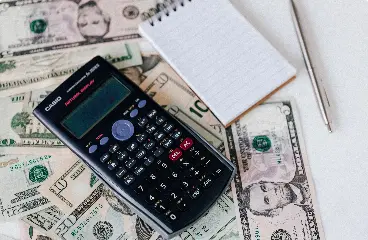Understanding the language of credit repair is crucial for anyone looking to improve their credit score and take control of their finances. Familiarizing yourself with these ten key credit repair terms and their definitions will equip you to navigate the credit repair process better, communicate effectively with creditors and credit bureaus, and may ultimately help achieve your financial goals.
- Credit Report: A document that contains information about your credit history, including your current and past credit accounts, payment history, and other financial data.
- FICO Credit Score: A numerical/statistical representation of your creditworthiness, based on payment history (35%), amounts owed (30%), length of credit history (15%), new credit (10%) and credit mix (10%). Lenders use the FICO score to evaluate your credit risk.
- Credit Bureau: A company that collects and maintains consumer credit information and provides credit reports to consumers, lenders, and other authorized parties.
- Credit Report Dispute: A process a consumer needs to follow, based on the Fair Credit Reporting Act (FCRA), that requests a credit bureau or creditor to investigate and correct errors or inaccuracies in consumers credit report.
- Credit Repair Organization: A company that offers credit repair services for a fee to help consumers improve their credit worthiness.
- Charge-Off: When a creditor writes off a debt as uncollectible and reports it as a loss to the credit bureaus, which can significantly damage your credit score.
- Collection Agency: A company that specializes in collecting unpaid debts on behalf of creditors and can report negative information to the credit bureaus based on the Fair Debt Collection Practices Act (FDCPA).
- Debt Consolidation: Combining multiple debts into a single loan with a different interest rate or more manageable payment terms.
- Secured Credit Card: A credit card that requires a security deposit, which serves as collateral and can help consumers build or rebuild credit.
- Credit Counseling: A service that helps consumers manage their debts and develop a plan to improve their credit score over time, typically through education and financial coaching.
Understanding these ten credit repair terms could be crucial for anyone who wants to take control of their credit and financial future. You can now better navigate the credit repair process and make informed decisions about your credit. Remember, your credit score is a vital component of your financial health, and by staying knowledgeable and proactive, you can take steps to improve it and achieve your financial goals.

0 Comments